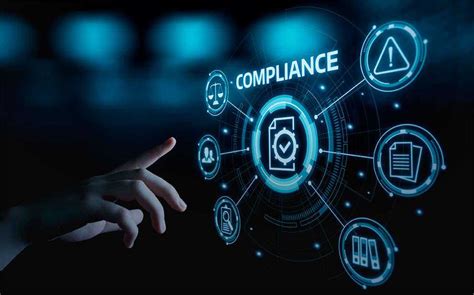Regulatory Challenges for AI-powered Cryptocurrency Platforms
The rapid growth and proliferation of cryptocurrency markets has led to new platforms that use artificial intelligence (AI) to automate trading, manage risk, and optimize portfolios. These AI-powered cryptocurrency platforms aim to provide innovative solutions for investors, traders, and other users. However, the increasing complexity and interconnectedness of these systems pose significant regulatory challenges.
Regulatory Framework: A Complex Landscape
The regulatory framework for cryptocurrencies and AI is still evolving and fragmented. Many countries have numerous regulations governing different aspects of cryptocurrencies and AI technologies. For example:
- Financial Services Act: This law regulates the provision of financial services, including trading platforms and investment products.
- Competition Act: Many jurisdictions have enacted competition laws to prevent anti-competitive behavior in the market.
- Anti-Money Laundering (AML): Anti-money laundering regulations aim to prevent money laundering, terrorist financing, and other illicit activities.
Key Regulatory Challenges
AI-powered cryptocurrency platforms face a number of regulatory challenges:
- Interpretation of AI regulations: Existing regulations can be complex to interpret, and it is difficult for courts to provide clear guidance on how to apply these regulations to new technologies such as AI.
- Regulatory Clarity: Many countries lack clear definitions of AI-powered trading platforms, making it difficult for regulators to understand their regulatory obligations.
- Risk Management
: The use of AI algorithms can introduce new risks, such as model risk and human bias, which need to be mitigated through sound risk management practices.
Industry Response
To address these challenges, the cryptocurrency industry is taking steps to:
- Working with regulators: Many companies are working closely with regulators to comply with existing regulations.
- Building industry initiatives

: Organizations such as the Blockchain Association and the International Chamber of Commerce’s Blockchain Working Group have developed guidelines for the responsible implementation of AI in cryptocurrency markets.
- Building a regulatory framework: Governments and industry associations are working together to develop comprehensive regulatory frameworks that address the unique challenges posed by AI-powered cryptocurrency platforms.
Conclusion
Regulating AI-powered cryptocurrency platforms is a complex task that requires careful consideration of existing regulations, industry practices, and emerging technologies. While the industry is taking steps to address these challenges, more work is needed to develop responsible and appropriate AI frameworks that benefit all stakeholders.


